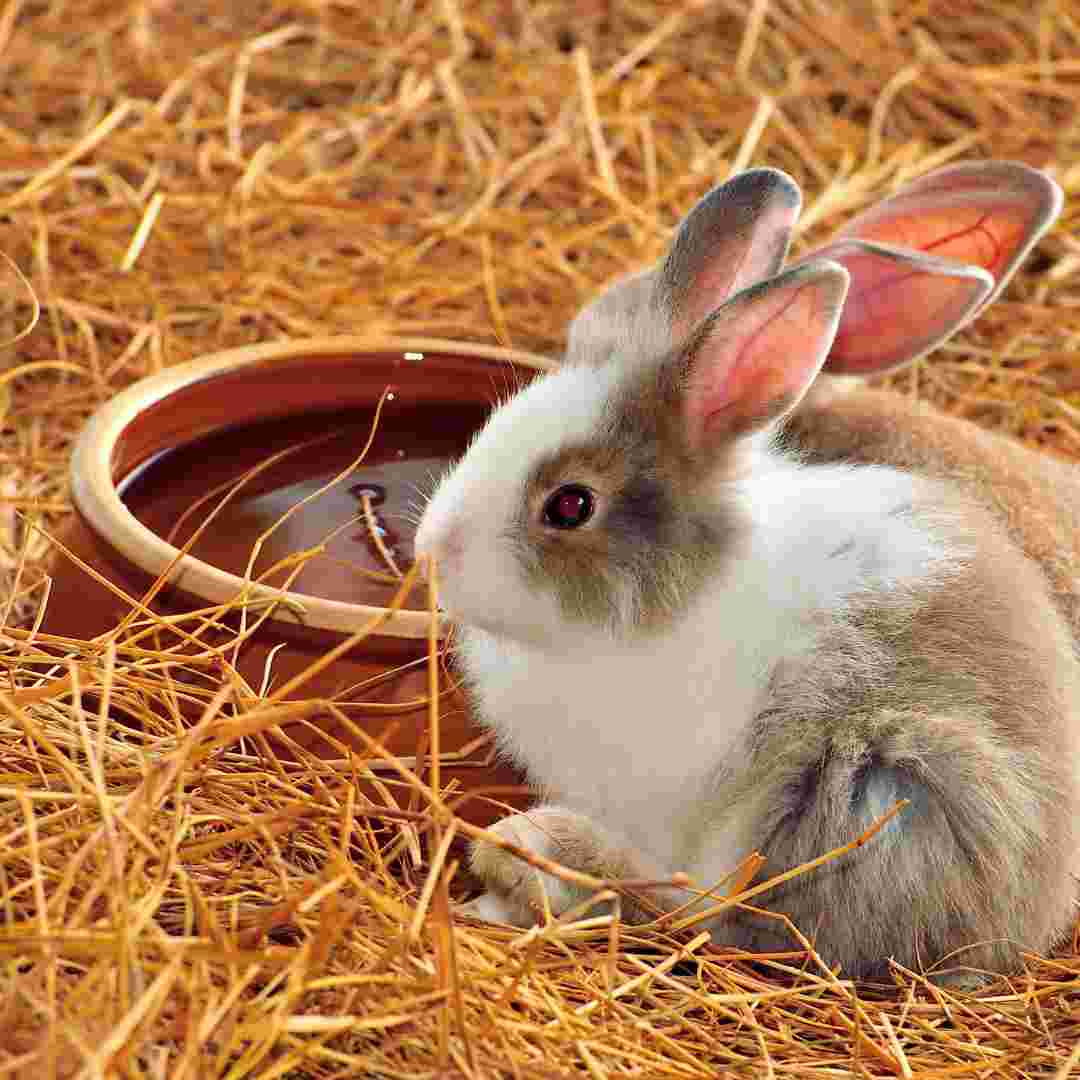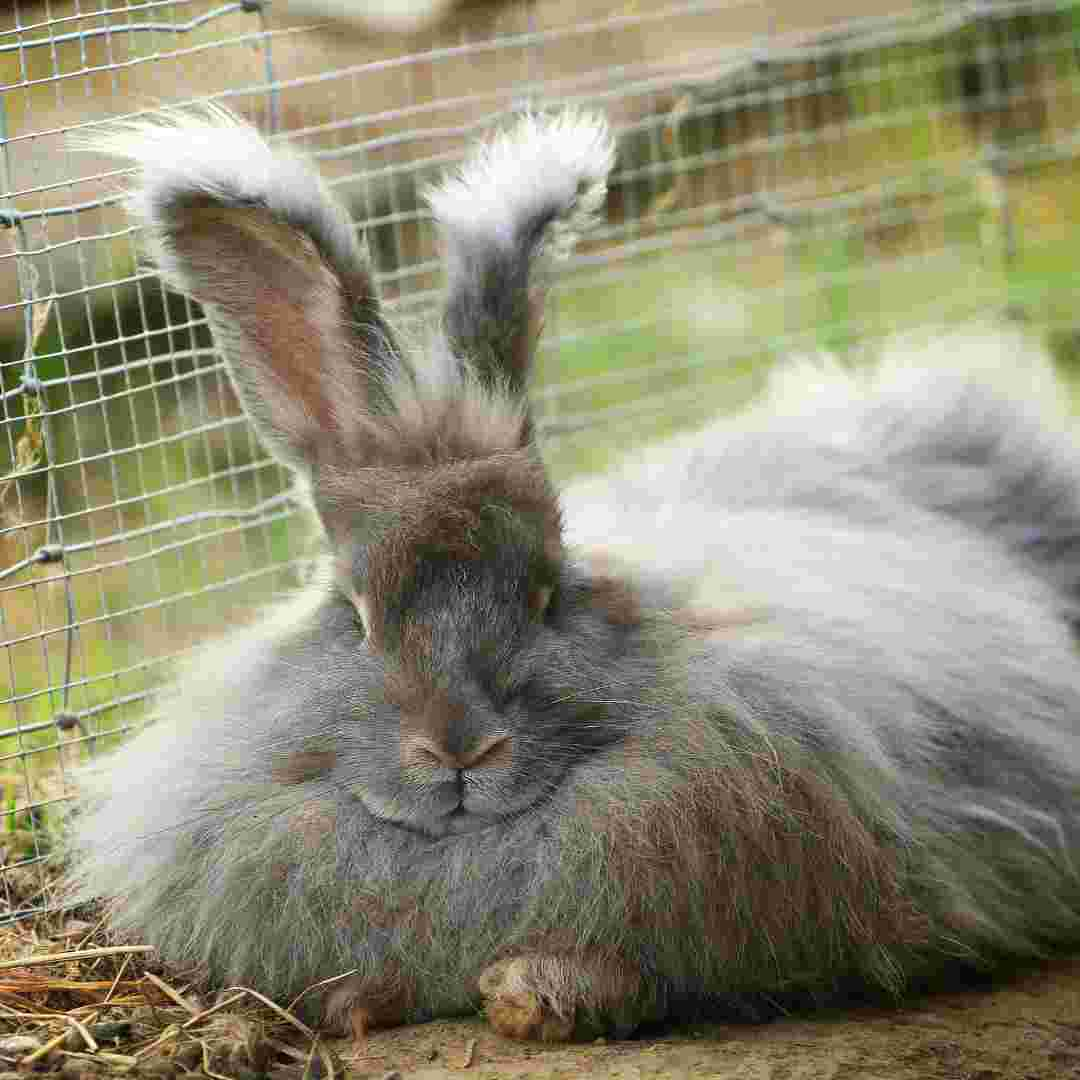Contents Table
Introduction
What Are the Best Rabbit Foods?
What Are Healthy Rabbit Signs?
How Can I Tell My Rabbit Is Hurting?
Best Ways to Bond with My Rabbit?
What Are Common Rabbit Health Issues?
Q&A
Conclusion
Introduction
Many people keep rabbits as pets, and they make great pets. Before adopting a rabbit, ask the necessary questions to ensure you can provide the greatest care. Consider feeding, shelter, and health care when choosing a rabbit as a pet. This guide offers valuable rabbit pet research questions.
What Are the Best Rabbit Foods?
Herbivores like rabbits eat plants. Hay, fresh veggies, and a few pellets are great for rabbits.
Hay should dominate a rabbit's diet. Their digestive system benefits from its high fibre content. Timothy, oat, and meadow hay are good. Hay should always be provided to rabbits.
Rabbits need fresh vegetables too. Kale, spinach, and romaine lettuce are beneficial. Carrots, celery, and bell peppers are also options. Sugary fruits should be provided sparingly.
Finally, feed the rabbit a few pellets. Rabbits should consume no more than 10% pellets, which contain concentrated nutrients. Choose a rabbit-specific pellet because other pellets may lack nutrition.
You can feed your rabbit hay, fresh veggies, and a few pellets to keep it healthy.
What Are Healthy Rabbit Signs?
Healthy rabbits are joyful! Know the indications of a healthy rabbit to keep your pet healthy. Here are some rabbit health signs:
1. Healthy rabbits have glossy coats and lively eyes. Mats and tangles should be removed from the fur.
2. Healthy rabbits are hungry and eat quickly. They should also poop regularly.
3. Healthy rabbits are active and alert. Their environment should intrigue them.
4. A healthy rabbit is fit. Too thin or too fat is bad.
5. Healthy rabbits have clean ears and no eye or nasal discharge.
6. Healthy rabbits have powerful teeth and claws.
Seeing any of these in your rabbit indicates good health. However, if your rabbit's behaviour or look changes, take them to the clinic.
How Can I Tell My Rabbit Is Hurting?
Rabbits are prey and can hide pain well. To help your rabbit, you must recognise the subtle signals of suffering.
Decreased hunger, behaviour, posture, grooming habits, and vocalisations are the most prevalent indicators of rabbit pain.
Reduced appetite is a common rabbit discomfort indication. If your rabbit isn't eating or interested in their food, they may be in pain.
Changes in behaviour can indicate suffering. If your rabbit is energetic and lively but becomes lethargic and indifferent, they may be in pain.
Changes in posture can indicate pain. If your rabbit is stooped over or sitting slumped, they may be in pain.
Changing grooming habits can indicate pain. Your rabbit may be in pain if they are not grooming themselves or certain sections of their body.
Vocalisation changes can indicate suffering. If your rabbit is vocalising more or differently, they may be in pain.
Take your rabbit to the vet immediately if you see any of these symptoms. A veterinarian can diagnose and treat the pain.
Best Ways to Bond with My Rabbit?
A strong rabbit-pet relationship requires bonding. Rabbits like socialising with their owners. Here are some great rabbit bonding methods:
1. Spend time with your rabbit daily. This could be playing, grooming, or sitting with them. The rabbit will get used to you and trust you.
2. Handle Gently: Handle your bunny gently. This will reassure them.
3. Reward Good Behaviour: Give your rabbit snacks. This will reinforce good behaviour and bond you and your rabbit.
4. Give your rabbit toys. This will entertain kids and let you communicate with them.
5. Talk to them: Speak calmly to your rabbit. This will help them settle in and bond with you.
These recommendations will help you bond with your rabbit and enjoy a long, happy relationship.
What Are Common Rabbit Health Issues?
Rabbits are beloved pets but can have health difficulties. Rabbits suffer from dental, gastrointestinal, respiratory, and external parasites.
Dental difficulties are frequent in rabbits. If rabbit teeth aren't kept in check, they might grow too big and cause pain and difficulties chewing. Drooling, weight loss, and appetite loss indicate dental issues.
Rabbits often have gastrointestinal difficulties. Diet, stress, and parasites can cause these difficulties. Diarrhoea, vomiting, and appetite loss indicate gastrointestinal disorders.
Rabbits often get respiratory illnesses. Untreated bacteria, viral, or fungal infections can be serious. Respiratory infections include sneezing, coughing, and breathing problems.
External parasites are a common rabbit health concern. Itching, hair loss, and skin irritation can result from fleas, mites, and lice.
It's crucial to recognise and prevent these rabbit health risks. Regular vet visits, adequate feed, and a clean environment may keep your rabbit healthy and happy.

Q&A
1. What should my rabbit eat?
A: Rabbits need hay, fresh veggies, and a little pellets.
2. How often should I clean my rabbit's cage?
A: Clean the cage weekly and change the bedding every two weeks.
3. How much exercise does my rabbit need?
A: Rabbits need 1 hour of daily playpen or supervised exercise.
4. How can I tell my rabbit is healthy?
A: A healthy rabbit has bright eyes, a glossy coat, and eats well.
5. My rabbit isn't eating. What should I do?
A: A rabbit not eating may be sick or stressed. See a vet for your rabbit.
Conclusion
Rabbit questions might help you learn about these intriguing animals. You can understand their diet, behaviour, and health needs by asking questions. It can also help you choose a rabbit as a pet. You can provide your rabbit the finest care with the appropriate information.
